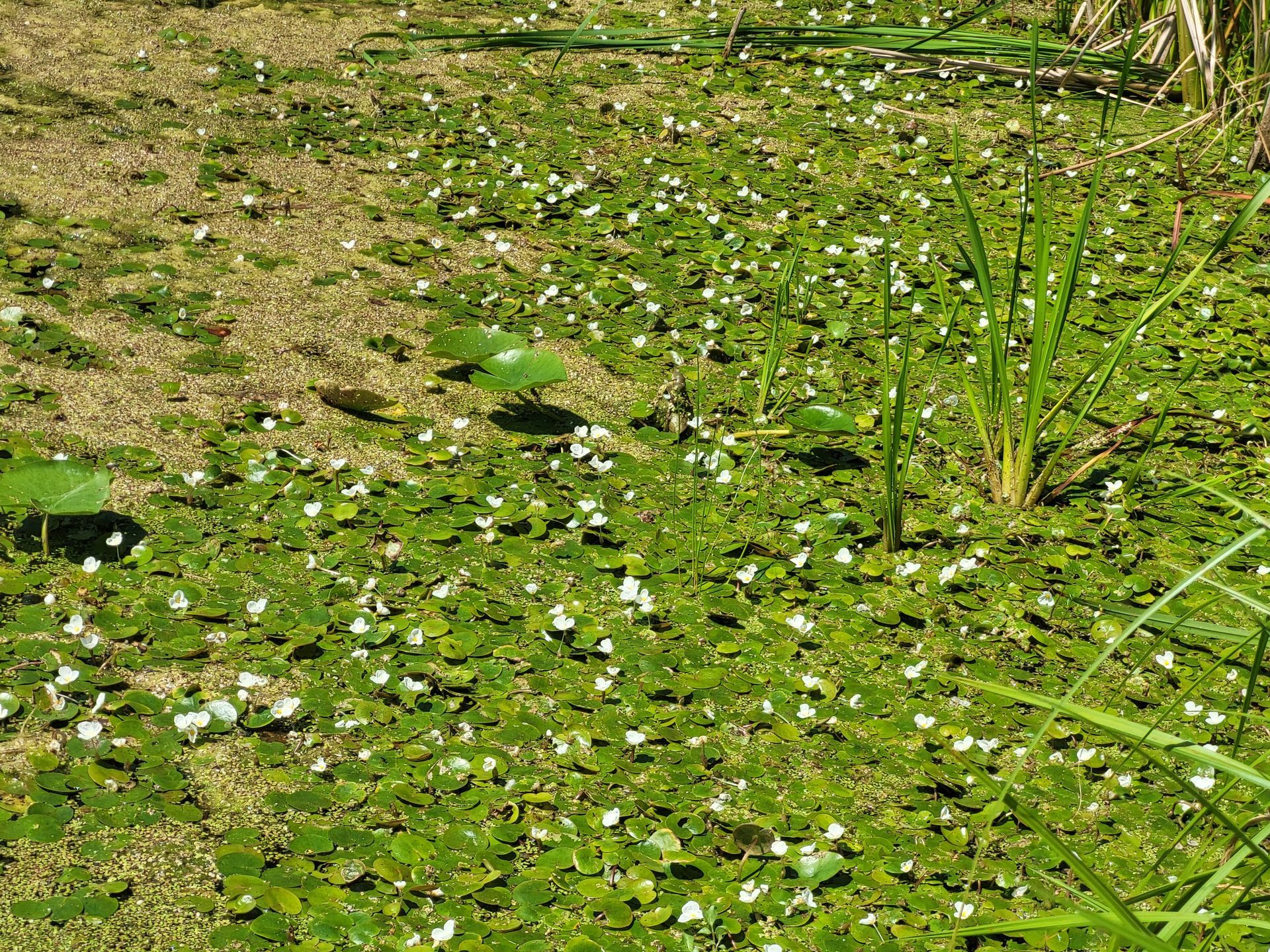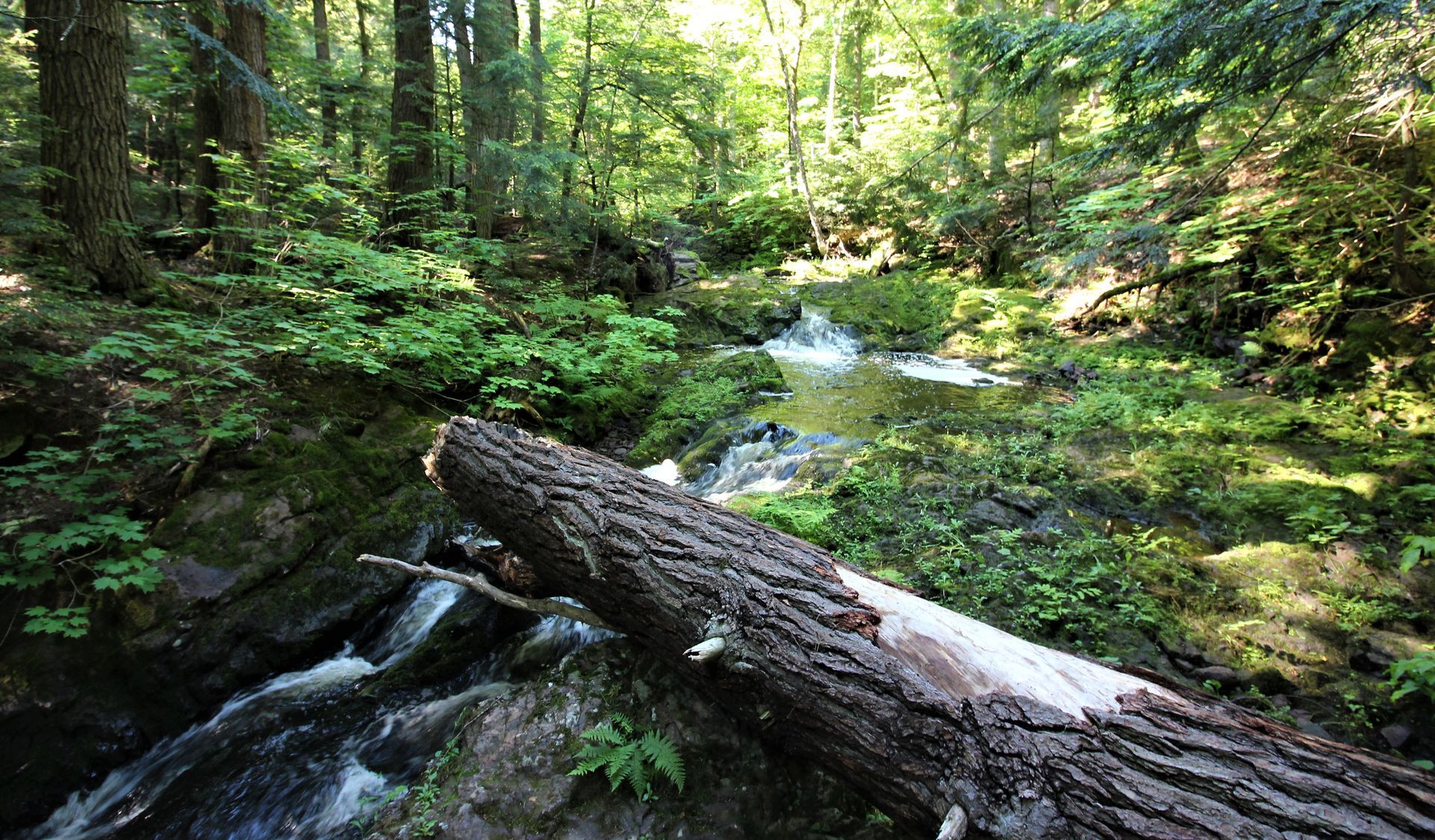On the Ground: How to Get Involved in 2021
The On the Ground (OTG) program is already adding wildlife habitat improvement events to the 2021 calendar, and we are looking forward to returning to the field with fellow conservationists in the new year. Despite limitations early last field season due to COVID-19, the OTG program was able to end the field season with seven successful habitat projects across the Lower Peninsula. Moving forward into 2021, the OTG program intends to host a full season of habitat events and will continue to follow all current state and federal public health guidelines regarding COVID-19 to ensure our volunteers and staff remain safe.
Please review the information below to understand the role the OTG program plays in wildlife habitat improvement across the state of Michigan and how you can volunteer or partner with us in 2021 and beyond.
Program Overview
OTG is MUCC’s volunteer wildlife habitat improvement program. The program is funded by a Memorandum of Agreement with the Michigan Department of Natural Resources Wildlife Division (DNR), and DNR wildlife biologists and technicians have been instrumental in developing and coordinating the 151 projects the OTG program has accomplished throughout the state.
More than 3,000 volunteers have improved wildlife habitat through weekend projects like building brush piles, removing invasive trees, restoring grassland habitat through native flower and grass plantings, installing fish spawning structures, hinge-cutting trees for deer and snowshoe hare, installing wood duck boxes, regenerating aspen stands, performing river clean-ups and planting a variety of trees for wildlife food and cover.
OTG hosts projects which improve habitat for wildlife on public land. Through this program, hunters, anglers, trappers and outdoor enthusiasts of all kinds have the opportunity to donate their time for the benefit of the species they enjoy. The work completed by volunteers and wildlife professionals shows the general public that Michiganders are true conservationists and demonstrates how hunting license dollars are put to use.
How to Volunteer With Us
Volunteering with the OTG program is a rewarding and fun way to give back to your natural resources and take care of the land and wildlife you enjoy. Our projects are hosted on public land across Michigan, and we have hosted volunteer events from the remote forests of the Upper Peninsula to the suburbs of Detroit.
The OTG Facebook page and the OTG Webpage are updated with upcoming events once all details are confirmed. On these pages, interested volunteers have the opportunity to see the locations for each upcoming project and the type of project it is. From there, individuals can register themselves (and other family members interested in attending) and be automatically subscribed to the email list that provides registered attendees with important email updates in the days leading up to the event.
Finally, on the event date, drive to the project site and volunteer for wildlife with fellow conservationists. Lunch and t-shirts are provided to all volunteers at the event.
How to Partner With Us
We are also on the lookout for project partners to complete habitat work on public land in Michigan. If you are a part of a conservation organization, company or club and want to partner with MUCC’s OTG program, please contact us. We are always looking to grow this award-winning program by connecting to new groups and locations.
We partner with groups like Metro-West Steelheaders, National Wild Turkey Federation, Rocky Mountain Elk Foundation, Ruffed Grouse Society and the National Wildlife Federation; business and media partners such Mike Avery Outdoor Magazine, Consumers Energy and the Michigan Wildlife Council; and numerous local conservation clubs, college environmental clubs and youth groups. Most importantly, the OTG program gives volunteers the opportunity to directly enhance habitat for turkeys, deer, bear, elk, waterfowl, snowshoe hare, and other game species on public land. Sportfish and countless non-game species also benefit from the habitat work completed.
Interested partners should contact MUCC Habitat Volunteer Coordinator Makhayla LaButte at mlabutte@mucc.org to discuss potential wildlife habitat improvement project ideas. Please keep in mind our program is public land-focused.
The post On the Ground: How to Get Involved in 2021 appeared first on Michigan United Conservation Clubs.
Recent Posts



